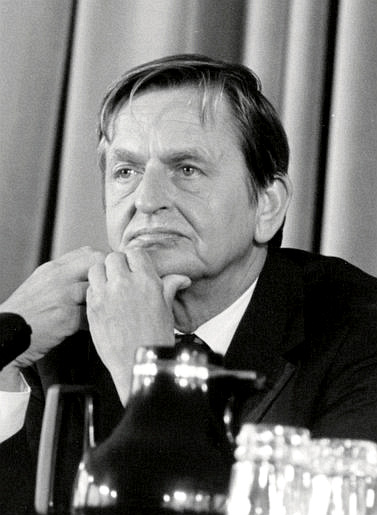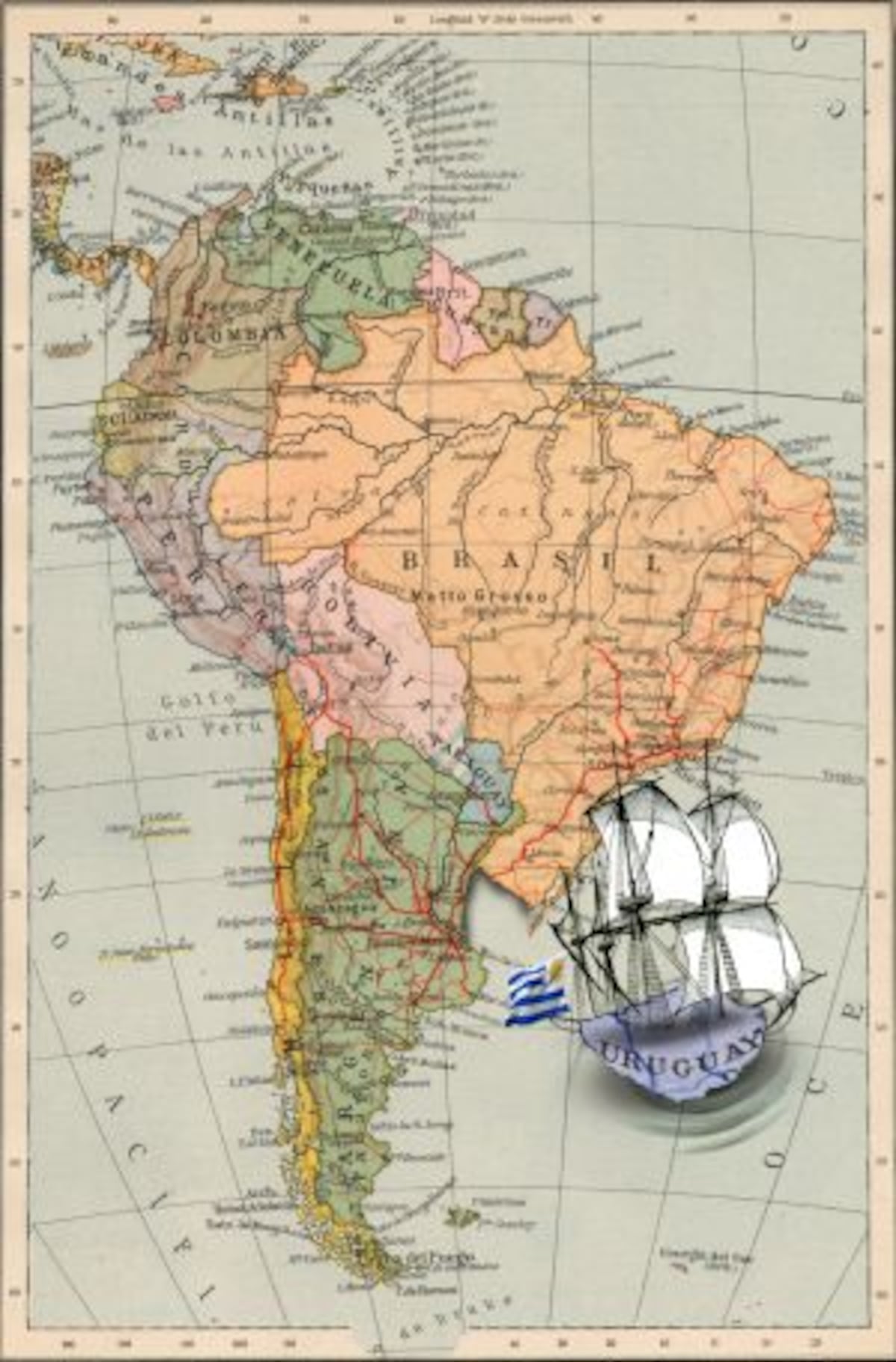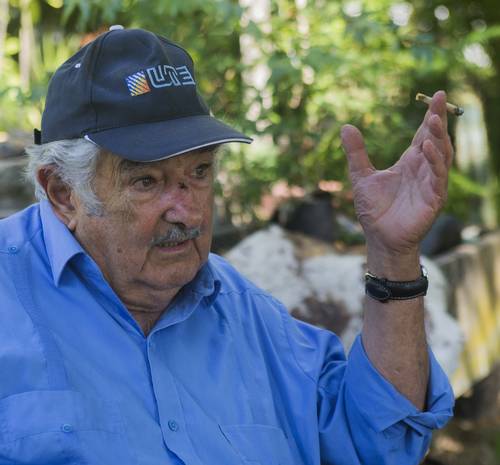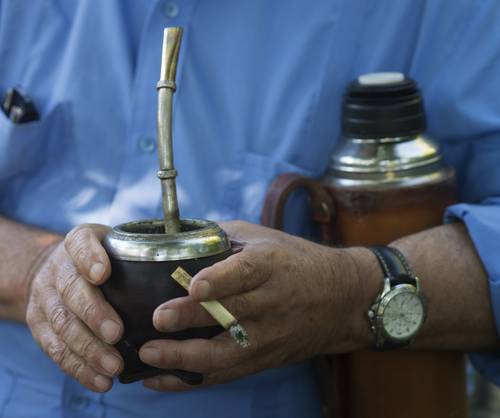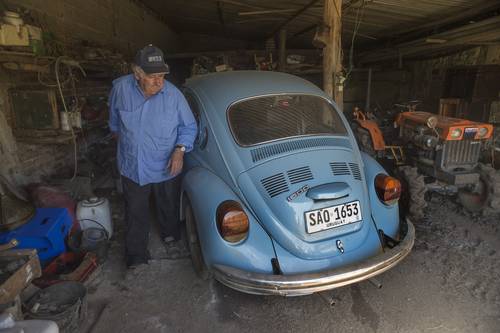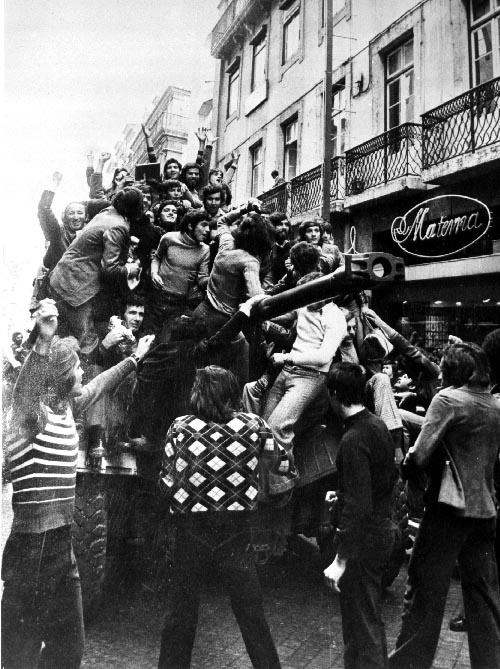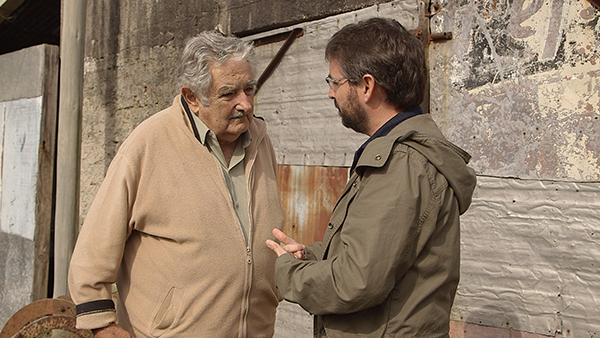right
Well-known member
Why is it that Pol Pot killed all the educated people.This article discusses the brutally of Pol Pot, who tortured and murdered everyone with an education.
The Khmer Rouge destroyed education in Cambodia – now the country is fighting back
Photojournalist Paddy Dowling meets a teacher who lived through the horrors of Pol Pot, and the children for whom schooling is now a precious giftwww.independent.co.uk
One information of the state is accepted
Does propaganda lose all credibility with an education?










